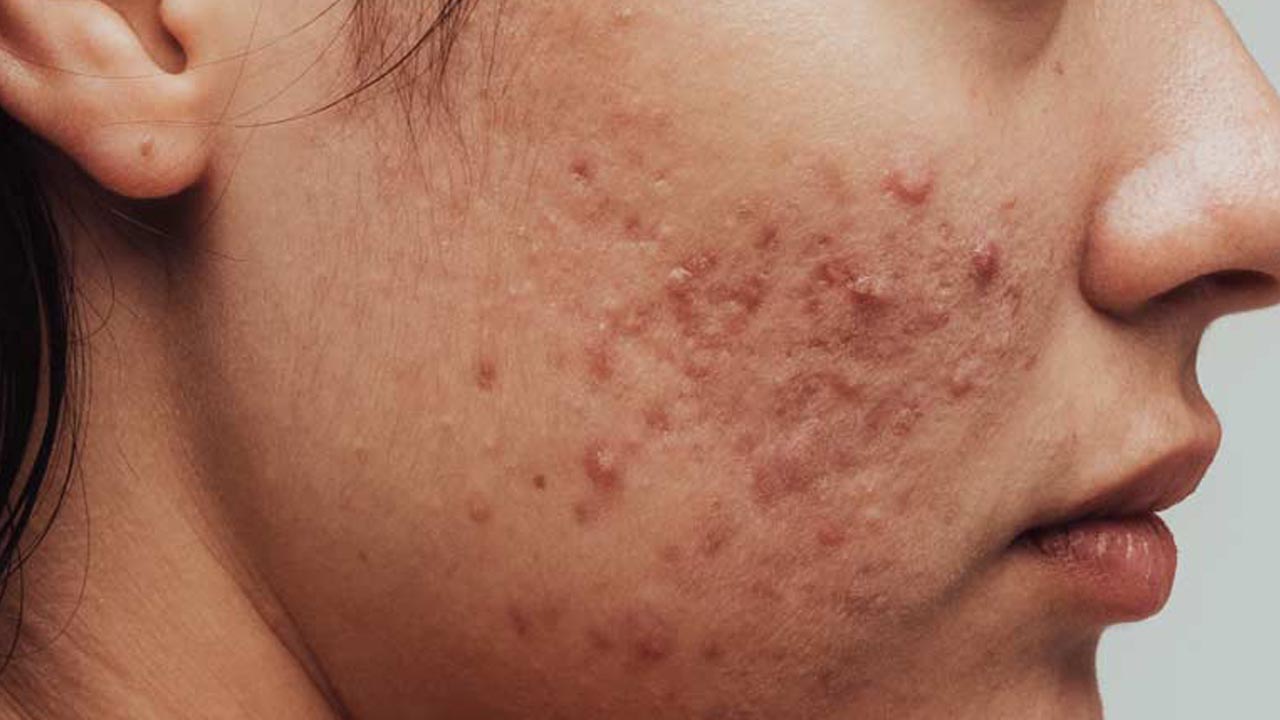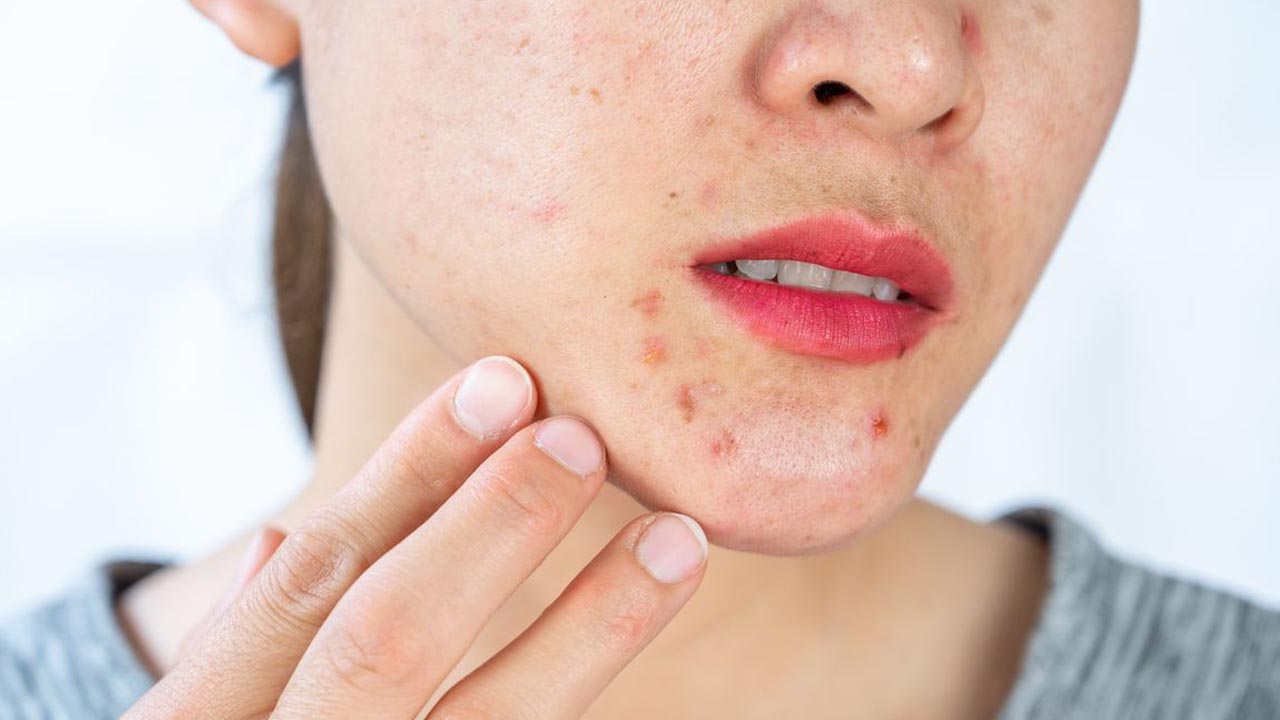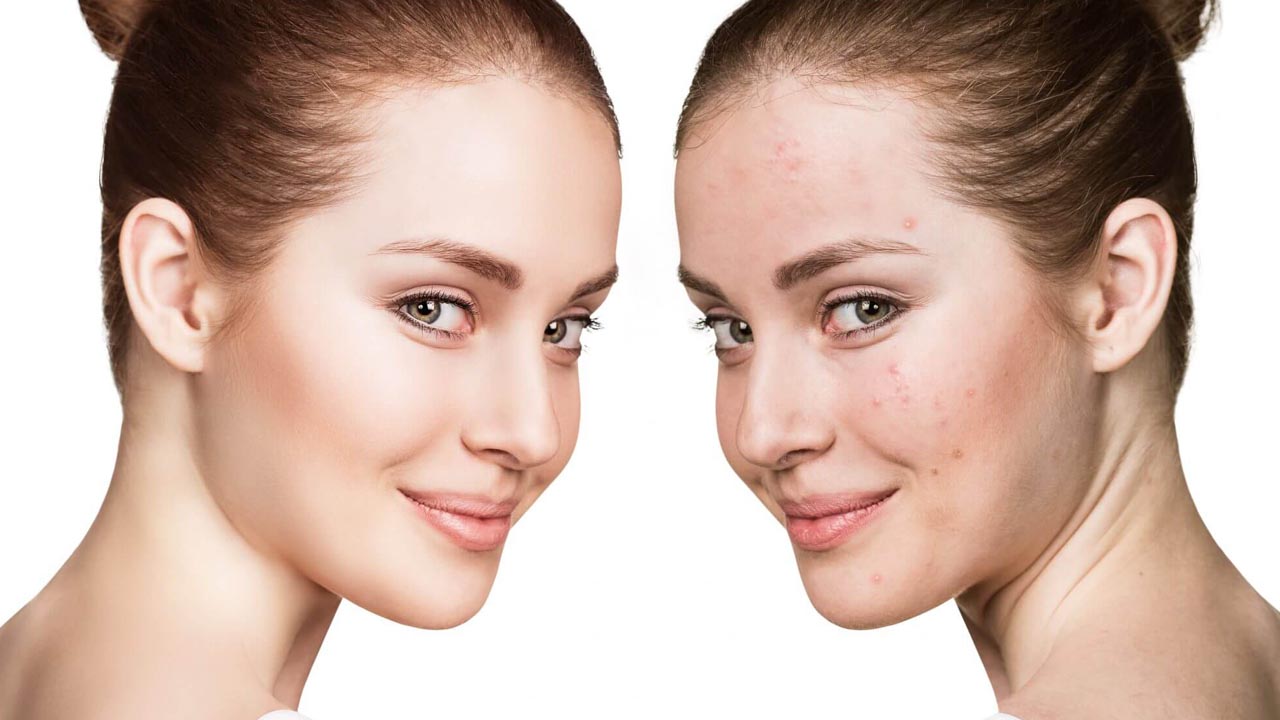Everything You Want to Know About Acne
Outline
- Introduction
- What is Acne?
- Types of Acne
- Comedones
- Papules and Pustules
- Cysts and Nodules
- Causes of Acne
- Hormonal Imbalance
- Excessive Oil Production
- Bacterial Infection
- Diet and Lifestyle
- Factors that Aggravate Acne
- Stress
- Certain Medications
- Picking and Squeezing
- Common Myths about Acne
- Chocolate and Greasy Food Cause Acne
- This is Only a Teenage Problem
- Sunscreen Makes Acne Worse
- How to Prevent
- Proper Skincare Routine
- Avoiding Triggering Factors
- Healthy Diet
- Over-the-Counter Acne Treatments
- Benzoyl Peroxide
- Salicylic Acid
- Sulfur
- Prescription Medications
- Topical Retinoids
- Oral Antibiotics
- Oral Contraceptives
- Isotretinoin
- Natural Remedies
- Tea Tree Oil
- Aloe Vera
- Green Tea Extract
- Lifestyle Changes to Manage
- Exercise Regularly
- Manage Stress
- Get Enough Sleep
- Avoid Smoking and Alcohol
- Acne Scarring and Treatments
- Types
- Laser Treatments
- Chemical Peels
- When to See a Dermatologist.
Conclusion:
Everything You Want to Know About this.
This is a common skin condition that affects millions of people worldwide. It is characterized by the presence of pimples, blackheads, whiteheads, and sometimes deeper cysts or nodules on the skin. While acne is often associated with teenagers, it can affect individuals of all ages. In this article, we will explore what acne is, its causes, prevention, treatments, and more. So, let’s dive in and learn everything you need to know about acne.

What is Acne?
A common skin condition arises from obstructed oil, dead skin cells, and bacteria inside hair follicles. The face, neck, chest, shoulders, and back are commonly affected areas. These can take on several appearances, including comedones, papules, pustules, cysts, and nodules.
Types of Acne:
Comedones: These are non-inflammatory acne lesions that include blackheads and whiteheads.
Papules and Pustules: These are small, red, and inflamed bumps that can be tender to touch.
Cysts and Nodules: These are larger, painful, and often deeply rooted lumps beneath the skin.

Acne development can be attributed to several factors:
- Hormonal Imbalance: Hormonal changes during puberty, menstruation, pregnancy, or hormonal disorders can trigger acne.
- Excessive Oil Production: Overactive sebaceous glands produce excess oil, leading to clogged pores.
- Bacterial Infection: The bacterial resident Propionibacterium acnes has been linked to skin irritation and heightened symptoms.
- Diet and Lifestyle: Foods with elevated glycemic indexes, dairy products, and detrimental lifestyle choices can increase the risk .
Factors
- Stress: Chronic stress can worsen acne due to increased cortisol levels.
- Certain Medications: Some medications, like steroids and lithium.
- Picking and Squeezing: Manipulating acne lesions can lead to infections and scarring.
Common Myths
- Chocolate and Greasy Food Cause Acne: There is limited evidence linking diet to acne, but individual responses may vary.
- Acne is Only a Teenage Problem: Acne can persist into adulthood or even develop later in life.
- Sunscreen Makes Acne Worse: Using non-comedogenic sunscreens is safe for acne-prone skin.
How to Prevent Acne
- Proper Skincare Routine: Cleanse, tone, and moisturize regularly using suitable products for acne-prone skin.
- Avoiding Triggering Factors: Identify and avoid triggers that exacerbate acne.
- Healthy Diet: Consume a balanced diet rich in fruits, vegetables, and whole grains.
Over-the-Counter Acne Treatments
- Benzoyl Peroxide: Kills bacteria and reduces oil production.
- Salicylic Acid: Helps unclog pores and reduce inflammation.
- Sulfur: Aids in removing dead skin cells and excess oil.
Prescription Medications for Acne
- Topical Retinoids: Promote skin cell turnover and prevent clogged pores.
- Oral Antibiotics: Control inflammation and bacterial growth.
- Oral Contraceptives: Regulate hormones in females.
- Isotretinoin: Reserved for severe acne cases.
Natural Remedies for Acne
- Tea Tree Oil: Has antimicrobial properties and can reduce.
- Aloe Vera: Soothes inflammation and aids in healing.
- Green Tea Extract: Contains antioxidants and can reduce sebum production.
Lifestyle Changes to Manage Acne
- Exercise Regularly: Physical activity can improve blood flow to the skin and reduce stress.
- Manage Stress: Practice stress-reducing techniques like meditation and yoga.
- Get Enough Sleep: Proper rest supports skin health and overall well-being.
- Avoid Smoking and Alcohol: These habits can worsen acne and delay healing.
Acne Scarring and Treatments
- Types of Acne Scars: Atrophic, hypertrophic, and ice-pick scars are common types.
- Laser Treatments: Fractional lasers can improve the appearance of acne scars.
- Chemical Peels: Remove dead skin cells and boost collagen generation.
When to See a Dermatologist
Dermatological attention is required when OTC treatments fail to alleviate acne, as persistent and severe symptoms may occur otherwise.
FAQs
- Q: Can certain foods?
- A: While the relationship between diet and acne is not fully understood, some individuals may experience acne flare-ups due to certain foods. It’s essential to observe your body’s response to different foods and adjust your diet accordingly.
- Q: Can stress worsen acne?
- A: Yes, stress can trigger hormonal imbalances and exacerbate acne. Practicing stress-reducing techniques can help manage acne symptoms.
- Q: Are natural remedies effective in treating ?
- A: Some natural remedies, like tea tree oil and aloe vera, have shown promising results in reducing acne. However, their effectiveness can vary from person to person.
- Q: Can I pop my pimples?
- A: Picking or squeezing acne lesions can lead to infections, scarring, and prolonged healing. It’s best to avoid this practice and opt for appropriate treatments instead.
- Q: Is it normal to have acne as an adult?
- A: Yes, acne can affect adults due to hormonal changes, stress, or other factors. It’s essential to address the underlying causes and follow a suitable treatment plan.
For more information about diseases click here
